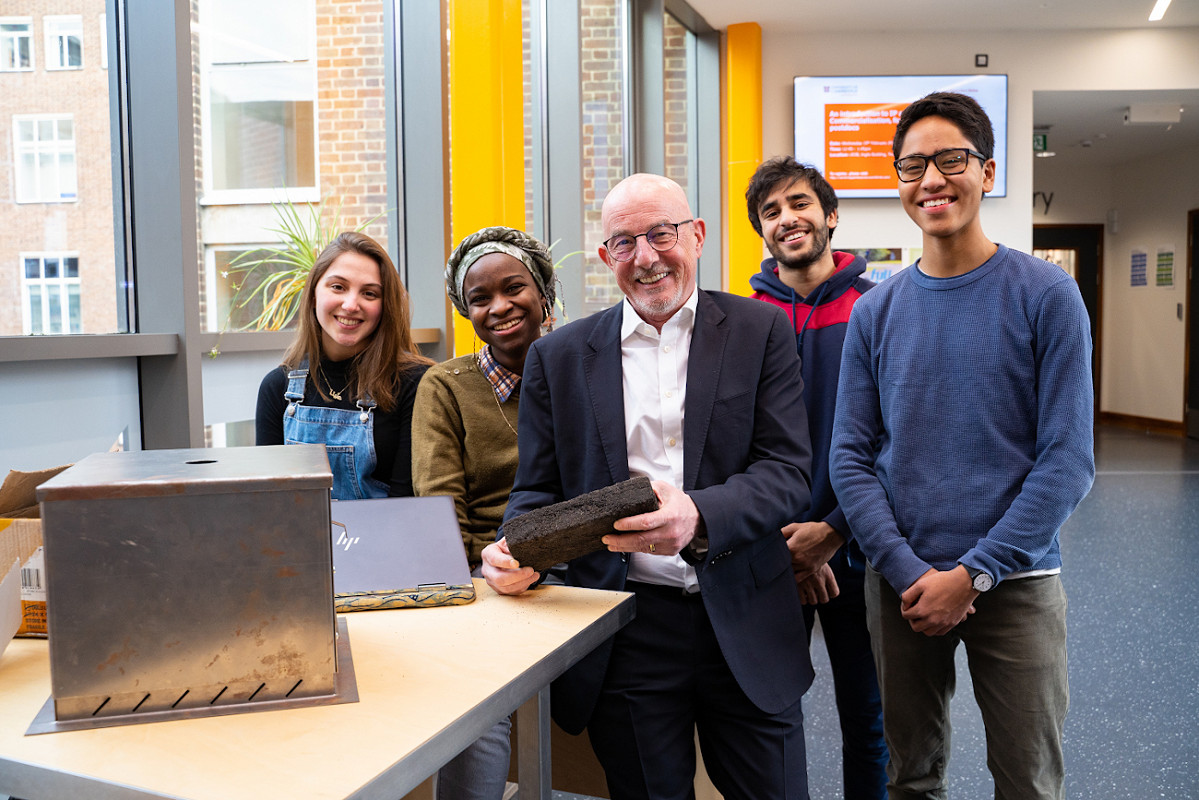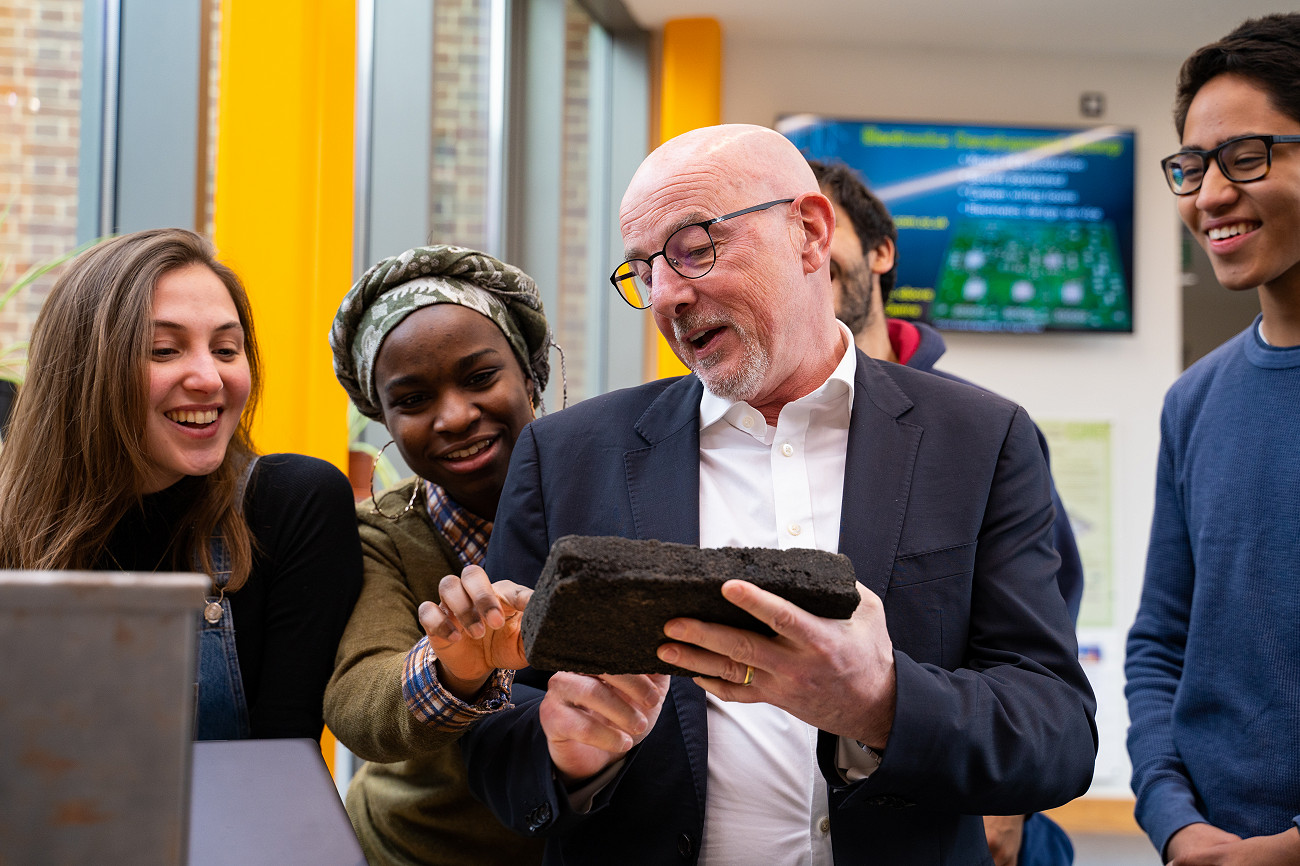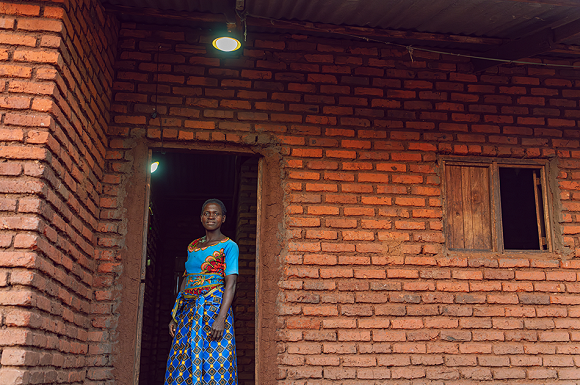13/02/2020
University of Cambridge launches the Kirk Global Challenge to jumpstart economic growth in the developing world

Key headlines:
Running over the course of 2020, the Kirk Global Challenge will award undergraduate teams at the University of Cambridge with research grants to develop inventive technology- and engineering-driven ideas with the power to boost economic growth in the developing world.
The Challenge seeks to engage younger people with the challenges facing developing world economies now and in the future – from the lack of clean, reliable energy to the impact climate change and environmental degradation.
“I am certain that if we get incredibly talented engineers thinking about the challenges facing the developing world, they will come up with new inventive ideas that we have not even thought about before.”
Economic growth in many emerging economies is held back by poor infrastructure, lack of roads, ports, railways and airports, and unreliable electricity, energy and telecoms supply. In the past it has been difficult to solve many of these challenges because of the unique engineering challenges of working in developing world environments. But, in many cases, if these bottlenecks were unlocked with pragmatic new engineering solutions, it would boost growth locally as well as create new jobs.

Recognising this problem, the Kirk Global Challenge is challenging engineering students to come up with radical, experimental new ideas to help solve one or more of these unique challenges.
The teams will need to demonstrate that their engineering ideas not only solve a genuine, current need but can be practically implemented on the ground in the developing world at a pragmatic cost and that it will have a quantifiable, large-scale impact.
Six teams will receive grant funding over the next 12 months to develop, test and quantify the impact of their ideas, with opportunities for top-up funding throughout the process.
The teams will then present their concepts to an expert judging panel of academics and external stakeholders at the department’s next Expo day in November 2020.
The best concepts will potentially qualify for additional funding to see their ideas through to the next stage of development and, eventually, deployment in the field. The Challenge will also help fund groups of students to visit areas in the developing world that they are seeking to support.
The launch of the new prize follows a £20,000 donation from former alumni Dr. Ewan Kirk and Dr. Patricia Turner through the Turner-Kirk Charitable Trust.
Dr. Ewan Kirk, Co-founder of the Turner Kirk Trust, said:
“I have worked with technology all my life. I have seen the transformative impact it has had on our economy and the lives of people. I am certain that if we get incredibly talented engineers thinking about the challenges facing the developing world, they will come up with new inventive ideas that we have not even thought about before.
“I am not only looking forward to seeing the fantastic ideas the teams come up with but hopefully also taking some of these ideas forward – and seeing them in the field at some point in the future.”
Dr. Patricia Turner, Co-founder of the Turner Kirk Trust, said:
“The University of Cambridge hosts many of the most talented engineers and technologists in the world. Sometimes our best and brightest focus their energies on solving problems in the developed world – but some of the most pressing and immediate challenges we face as a world are in the emerging markets. I’m hoping this new scheme will get our talented engineers thinking about these challenges in an entirely new way.”
Dr. Alexandre Kabla, from the Department of Engineering at the University of Cambridge, said:
“We are delighted to launch the Kirk Global Challenge. The aim is to encourage students to tackle challenges facing the developing world and to bring forward proposals that have the potential to achieve meaningful change. This generous donation will give our students the opportunity to bring their ideas to life in an experimental but purposeful way.”

